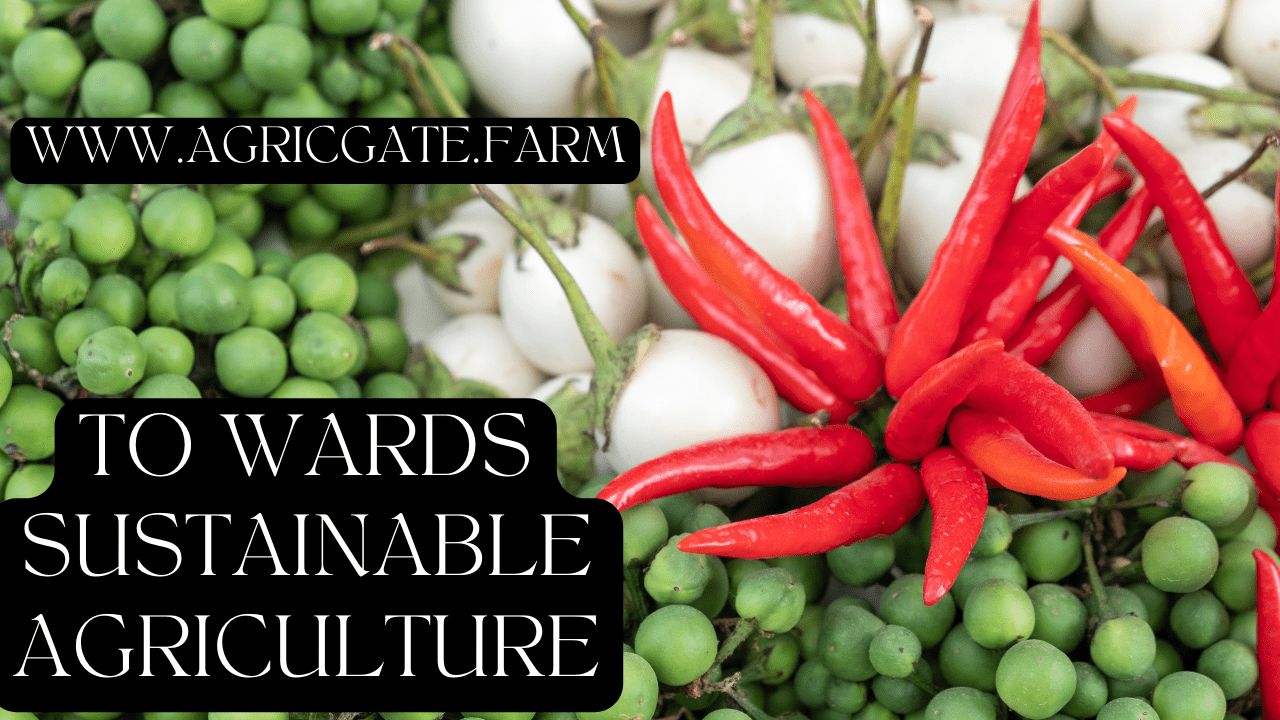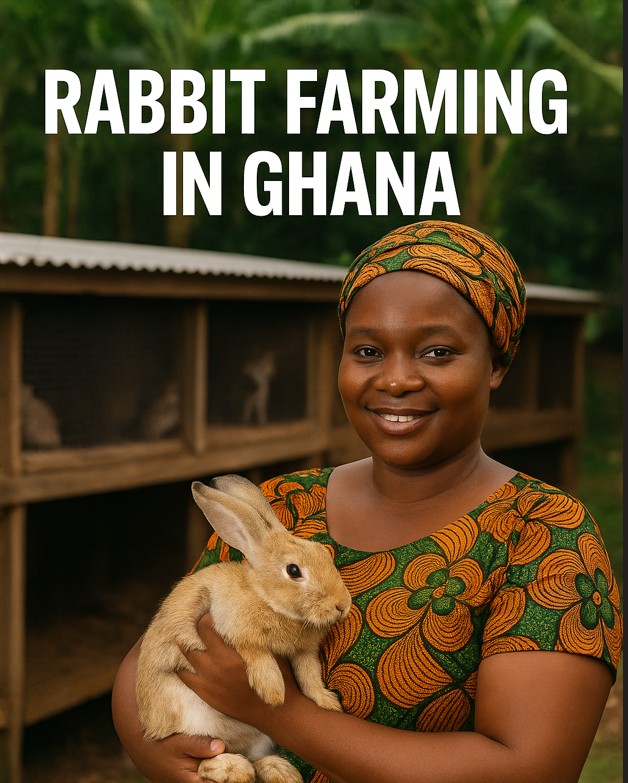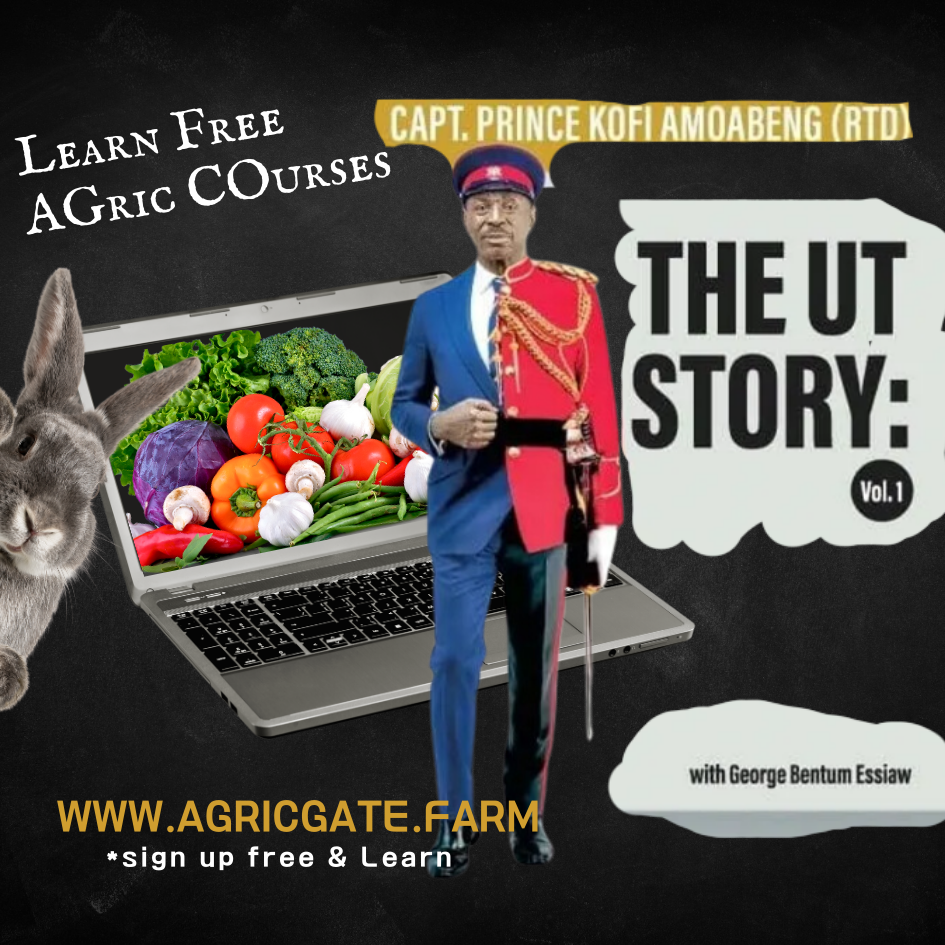Agriculture is the backbone of Ghana's economy, providing employment and livelihoods for a significant portion of the population. The agriculture value chain in Ghana is a complex system that involves multiple steps, from the initial production phase to the final marketing of agricultural products. Understanding this value chain is essential for anyone involved in the agricultural sector, whether as a farmer, entrepreneur, or policy-maker.
1. Production
The first step in the agriculture value chain is production. This involves the cultivation of crops and the rearing of livestock. Ghana's diverse climate allows for the cultivation of various crops, including cocoa, maize, yam, cassava, and a range of vegetables. Livestock farming is also prevalent, with poultry, cattle, sheep, and goats being the primary animals reared. Farmers in Ghana face challenges such as access to quality seeds, fertilizers, and modern farming equipment. However, initiatives like Agricgate.farm provide valuable resources and training to help farmers improve their production techniques and yield.
2. Processing
After harvesting, the next step is processing. This phase involves transforming raw agricultural products into forms that are more convenient and valuable for consumers. Processing can include cleaning, sorting, packaging, and sometimes transforming the products into different forms, such as turning cocoa beans into cocoa powder or milk into cheese. Processing adds value to agricultural products, making them more marketable and increasing their shelf life. In Ghana, there is a growing trend towards establishing local processing facilities to boost the agricultural sector and create more jobs.
3. Distribution
Distribution is the stage where processed agricultural products are transported from the processing facilities to various markets. Efficient distribution networks are crucial for ensuring that products reach consumers in good condition. This stage involves logistics, transportation, and storage. In Ghana, infrastructure challenges such as poor road networks and lack of cold storage facilities can hinder effective distribution. Addressing these challenges is essential for reducing post-harvest losses and ensuring that products reach markets timely.
4. Marketing
The final step in the agriculture value chain is marketing. This involves promoting and selling the agricultural products to consumers. Effective marketing strategies are crucial for ensuring that farmers and processors get fair prices for their products. In Ghana, agricultural markets can be local, regional, or international. The rise of digital marketing platforms and e-commerce sites like Agricgate.farm's marketplace has revolutionized the way agricultural products are marketed and sold, providing farmers with broader market access.
Challenges and Opportunities
The agriculture value chain in Ghana faces several challenges, including limited access to finance, inadequate infrastructure, and climate change impacts. However, there are also significant opportunities for growth and development. Initiatives that focus on providing training, improving infrastructure, and leveraging technology can help overcome these challenges.
Agricgate.farm: Empowering the Agriculture Value Chain
At Agricgate.farm, we are committed to empowering every stage of the agriculture value chain in Ghana. Our free online e-learning platform offers comprehensive courses and resources to help farmers, processors, and marketers improve their skills and knowledge. By providing access to valuable information and connecting stakeholders, we aim to enhance the efficiency and productivity of Ghana's agricultural sector.
Conclusion
Understanding the agriculture value chain in Ghana is crucial for maximizing the potential of the agricultural sector. By addressing the challenges and leveraging the opportunities within the value chain, Ghana can achieve sustainable agricultural development and improve the livelihoods of its people. At Agricgate.farm, we are dedicated to supporting this journey through education, innovation, and community engagement.
Tags: #AgricultureGhana, #AgricultureValueChain, #AgricgateFarm, #SustainableFarming, #GhanaFarming, #AgriculturalDevelopment, #ElearningAgriculture, #FarmToMarket, #GhanaAgriculture, #AgriBusiness









